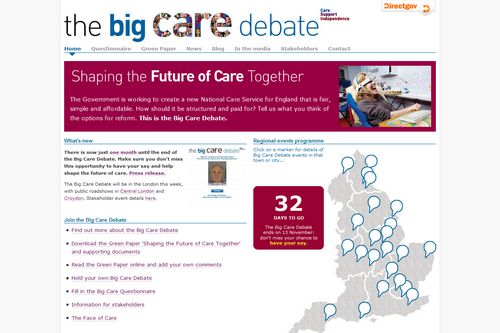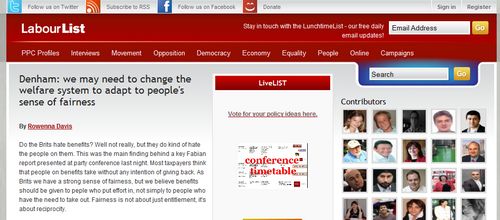What can you say about Twitter? They came in their dozens to the Hansard Society’s event at Portcullis House to find out from a panel consisting of blogger Iain Dale, MPs Jo Swinson and Kerry McCarthy, and Tweetminster founder Andrew Walker. I hadn’t expected to learn a lot: I’ve been using Twitter longer and more intensively than most people. But I still came away more than a little disappointed.
Yes, some/many people talk a lot of pointless nonsense. Yes, people send links to stuff. Yes, sometimes certain topics rise to prominence. Yes, you can build engagement with people. But if you’d spent the hour and a half just looking at the Twitter website, you’d have learned all that for yourself anyway. And since most people in the room were already Twitter users, they probably knew it before proceedings started.
The event just didn’t get to the heart of what made Twitter different. Most of the points were equally applicable to any other ‘social media’ channel. And regrettably, it felt like we were falling into the usual trap of seeing social media as new broadcast channels. Sure, there were brief mentions of debate (conclusion: it’s not very good at it) and short-form correspondence with constituents. But almost everything was in a context of getting your message out to an audience.
All of which misses what, for me, is by far Twitter’s strongest selling point: namely, the fact that your audience is listening to you because it wants to listen, wants to engage… and wants to help.
I longed to hear one of the panel talk about how their Twitter audience helps them be better at their work. Examples of where they’ve asked a question, and their followers have answered it. Or where they’ve said they’re about to go into a meeting with someone, and a follower suggests a Killer Question. Demonstrations of the power of the network. But none came. (It’s a pity, because I’ve heard Tom Watson talk most persuasively about precisely that.)
One of the reasons I love Twitter myself is that, when everything – and everyone – gets boiled down to 140 characters, there’s no room for airs and graces. It’s a level playing field, with world leaders’ great pronouncements streaming in alongside mundane updates about what my mates are having for breakfast. It’s a reminder that you’re nothing special – or rather, you’re just as special as everyone else.
You might have something to say to me, which might interest me; but equally, I’ve got something to say to you, which might interest you. We’re all in this together. And post-expenses scandal, in a profession which depends on connecting personally with an electorate at least once every five years, I’d have thought that was a timely reminder.
A good-natured, upbeat but ultimately insubstantial evening.




 Bad news for anyone who’s just put a massive amount of work into an innovative, cutting-edge website for an MP. (
Bad news for anyone who’s just put a massive amount of work into an innovative, cutting-edge website for an MP. (
